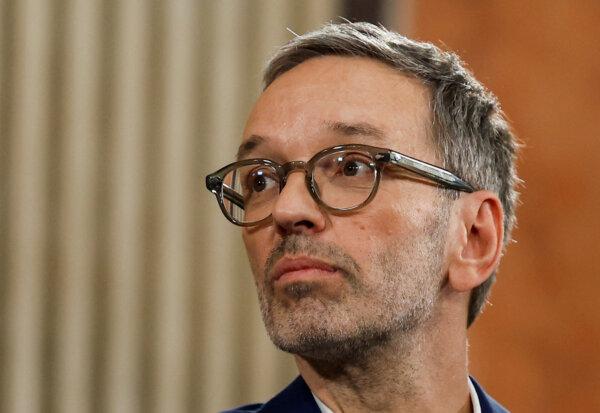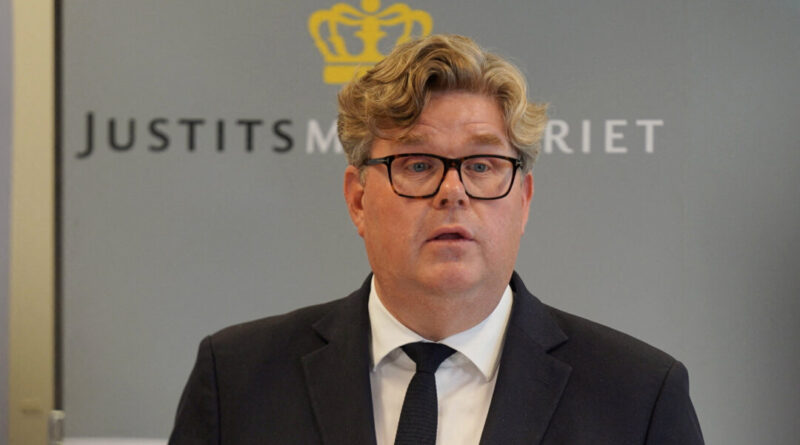Sweden suggests revoking citizenship from individuals deemed a threat to the state
According to Justice Minister Gunnar Strommer, Sweden is currently facing violent extremism, organized crime, and hostile actions from state actors that threaten the nation’s security.
The Swedish government announced on Wednesday its plans to amend the constitution to allow for the removal of citizenship from individuals deemed a “threat to the state.”
Sweden has significantly tightened its once-liberal migration policies due to the large influx of immigrants over the past two decades, which has resulted in the formation of parallel societies and increased gang violence.
During a news conference on Jan. 15, Justice Minister Gunnar Strommer stated, “Sweden is currently dealing with three major threats to our internal security: violent extremism, hostile state actors, and organized crime.”
Crime
Sweden currently has the highest rate of gangland killings in Europe, with a decade-long increase in deadly gang violence.
Approximately 20% of Sweden’s population of 10.5 million were born abroad, with a significant number of asylum seekers from countries like Syria, Afghanistan, and Iraq.
The government, along with the right-wing anti-immigration Sweden Democrats, won the 2022 election on a platform focused on reducing immigration and gang-related crime.
The proposal to revoke citizenship was introduced by a bipartisan parliamentary committee on Wednesday.
In order to amend the Swedish constitution, the proposals must pass a parliamentary vote with a simple majority, followed by a general election and a second parliamentary vote.
Low Asylum Rate
Earlier this week, the government also suggested extending the residency requirement for immigrants in Sweden to apply for citizenship from five to eight years.
Last week, the Swedish Migration Agency reported a significant decrease in the number of residency permits issued to asylum seekers and their families in 2024.
Only 6,250 asylum seekers and their relatives were granted residency permits in 2024, the lowest number since records began in 1985.
Migration Minister Johan Forssell stated, “We have seen a historic low asylum rate, but this should be compared to previous years when levels were very high.”
In October 2024, the government allocated 3 billion Swedish crowns ($268 million) for repatriation grants.
Shift
Immigration policies have caused widespread discontent across the EU, leading to a political shift towards the right.
Shortly after, the anti-immigration Alternative for Germany party made significant gains in state elections, becoming a dominant political force in eastern Germany.

Head of Freedom Party (FPO) Herbert Kickl attends a TV debate, after the first exit polls during the general election, in Vienna, Austria, on Sept. 29, 2024. Lisa Leutner/Reuters
European Commission President Ursula von der Leyen recommended increased collaboration with non-EU countries to address illegal immigration and the establishment of “return hubs” in non-EU countries for those who do not have the right to remain in the EU.
Reuters contributed to this report.





